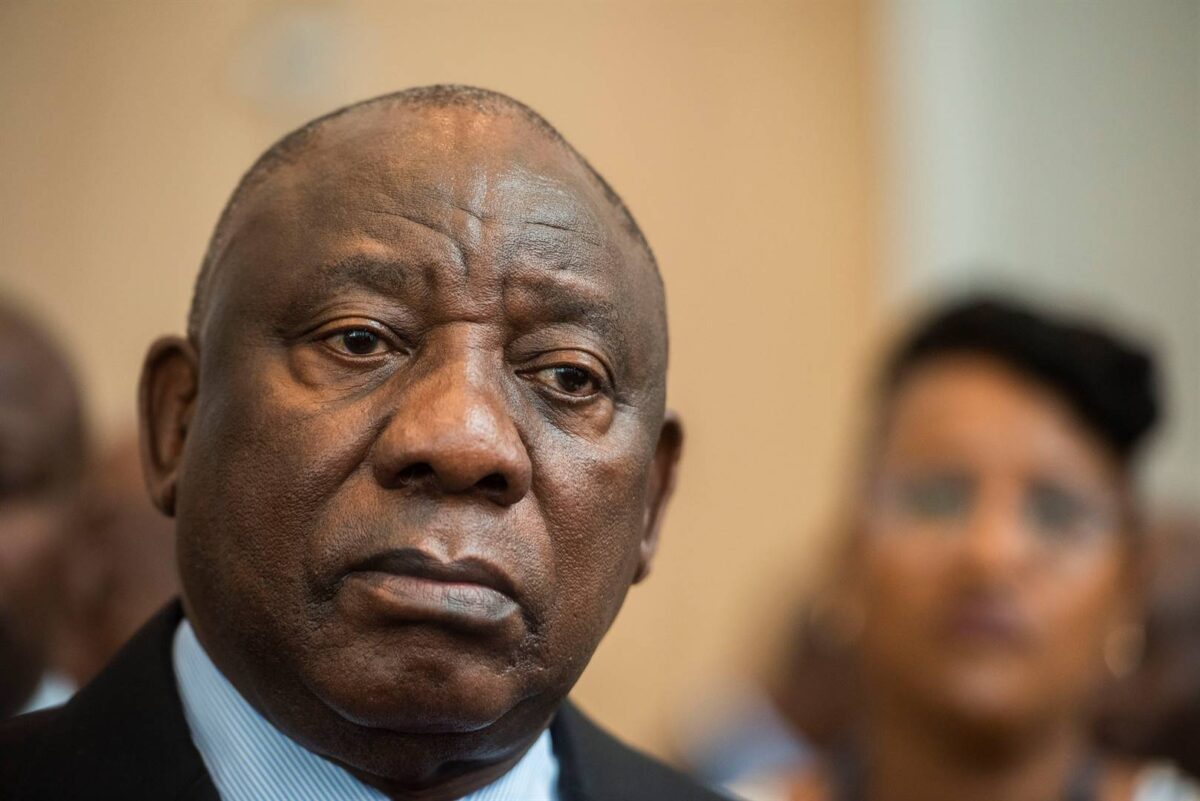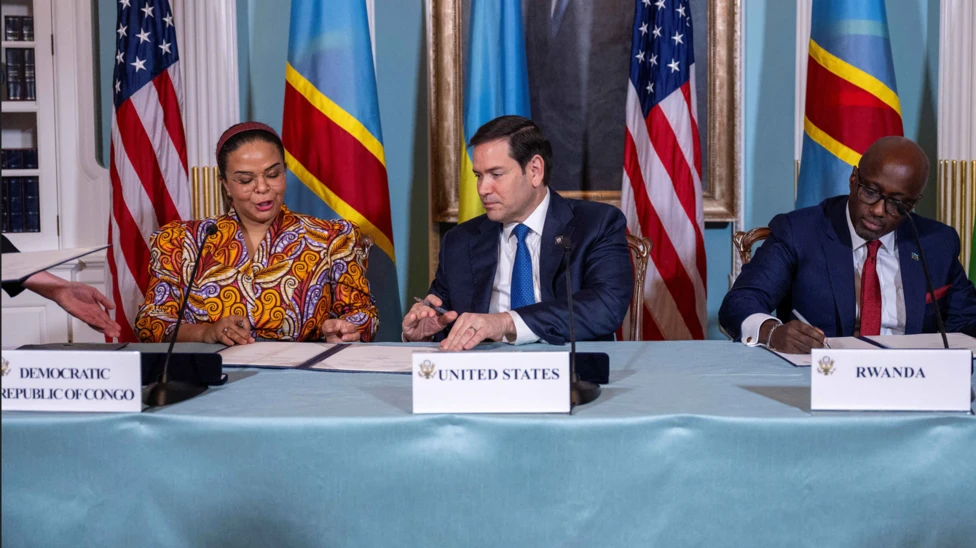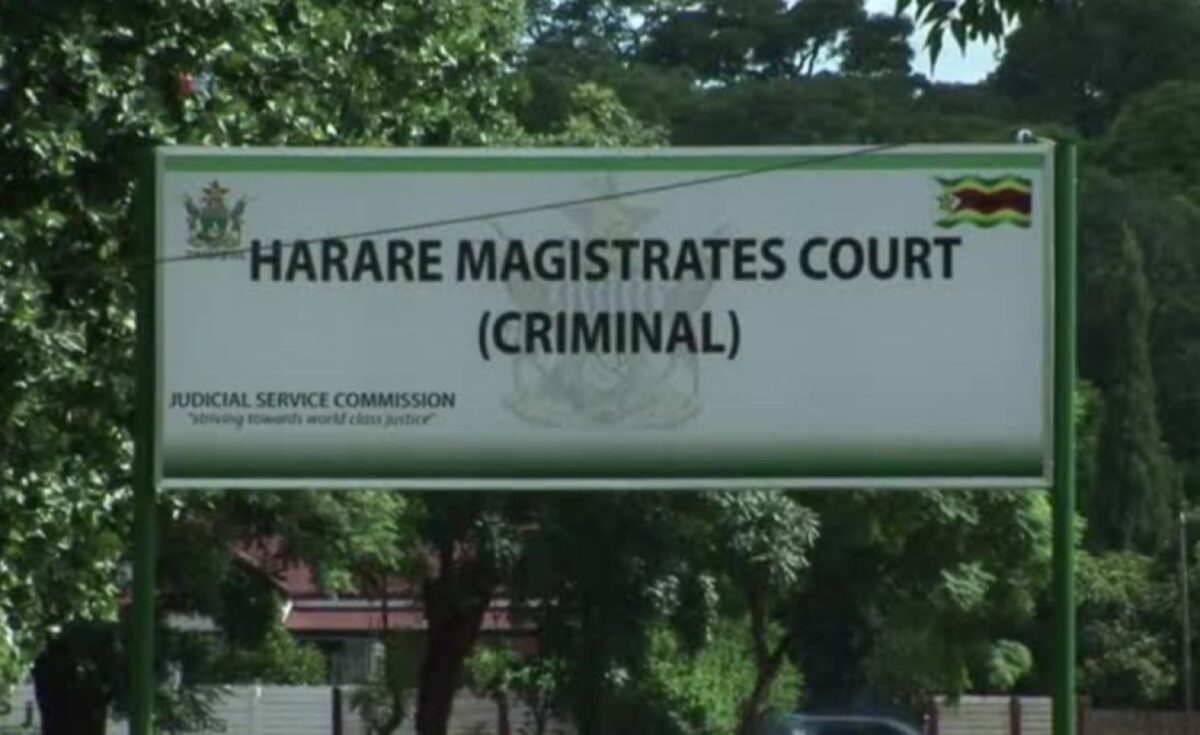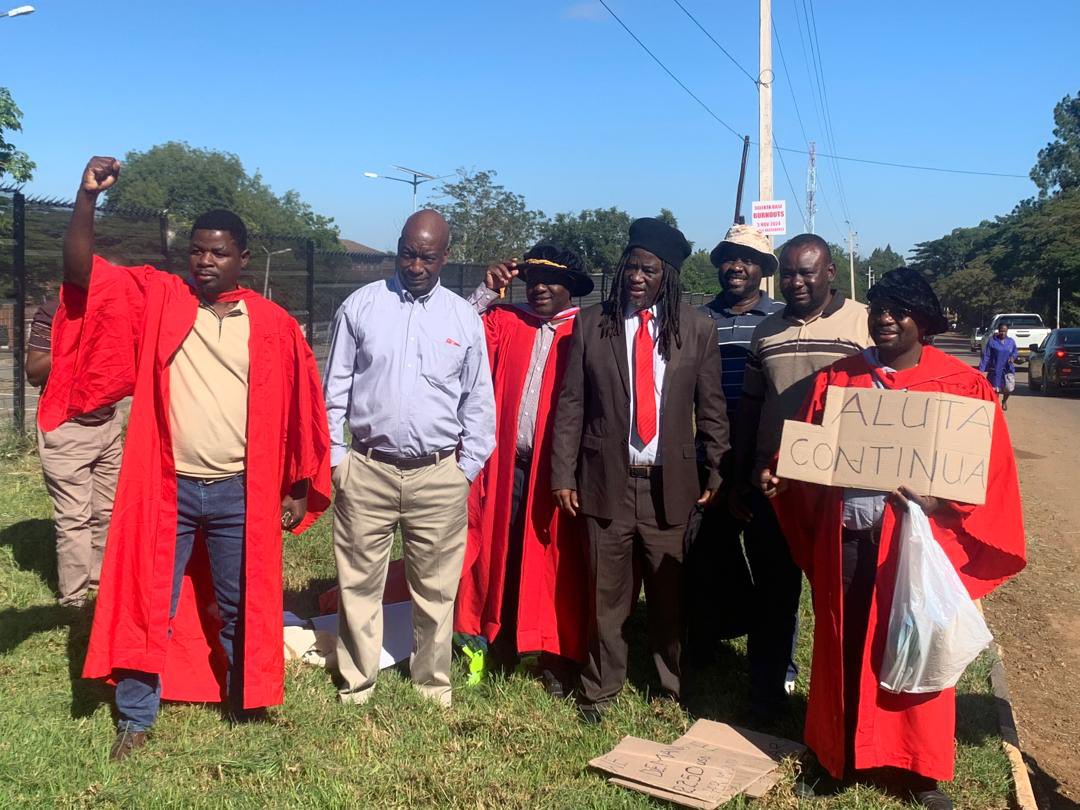JOHANNESBURG, South Africa – Support for South Africa’s governing African National Congress (ANC) has fallen to just over 40 percent, an Ipsos opinion poll showed, weeks before a general election that could usher in the biggest political change since the end of the apartheid era.
While the ANC is still on track to win the most votes on May 29, if it gets less than 50 percent support it would have to seek one or more coalition partners to govern the country, the first such alliance since the party swept to power under liberation hero Nelson Mandela 30 years ago.
“The uncertainty and apprehension surrounding the potential outcome and consequences of the 2024 elections echo the feelings experienced by the nation on 27 April 1994,” Ipsos said in a statement, referring to the first post-apartheid elections.
As well as voting for a new parliament, which will then choose the next president, South Africans will vote for provincial legislatures in next month’s election. President Cyril Ramaphosa is seeking a second term.
Ipsos estimated support for the ANC at 40.2 percent, down from 40.5 percent in a similar poll released in February and 43 percent in October.
Its findings were based on face-to-face interviews with 2,545 registered voters in all nine provinces in March and April and have a margin of error of 1.9 percent at a 95 percent confidence level.
Support for the ANC’s nearest rival, the Democratic Alliance (DA), was at 21.9 percent compared to 20.5 percent in February, the poll showed.
The ANC is still seeking to retain its parliamentary majority and on the campaign trail, the party has sought to play up its achievements in the post-apartheid era. But polls show voter discontent is on the rise because of issues like unemployment, corruption, crime and poor services.
The ANC’s potential coalition partners include the economically liberal DA – which has not ruled out a deal with the ANC – and the far-left Marxist Economic Freedom Fighters (EFF).
Ipsos estimated support for the EFF at 11.5 percent, down from 19.6 percent in October after the formation of another party, the uMkhonto we Sizwe (MK), in December that has been endorsed by former President Jacob Zuma. MK’s support was at 8.4 percent in the Ipsos poll.
Another poll, conducted in February by Johannesburg-based think tank The Brenthurst Foundation and the SABI Strategy Group, estimated support for the ANC at 39 percent.
















